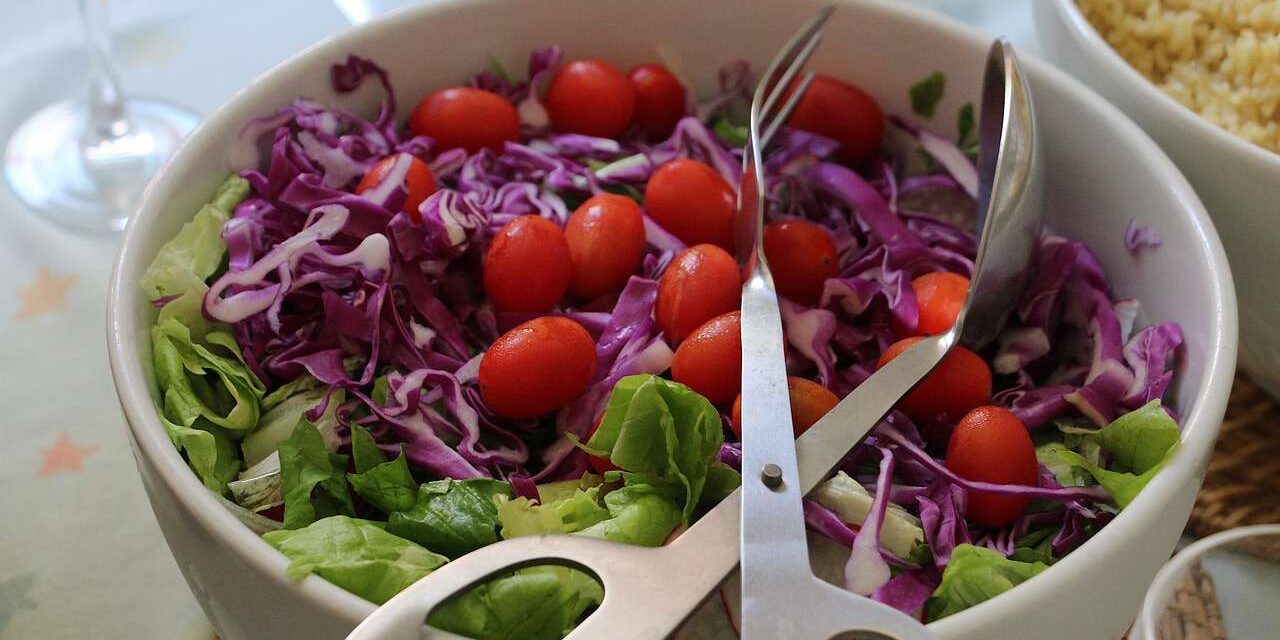Turning 50 marks a significant milestone in one’s life, often accompanied by newfound reflections on health and well-being. For many, this is a time to reassess lifestyle choices, especially diet. The phrase ‘diet over 50’ isn’t just about managing weight; it’s about nurturing your body with the right nutrients to thrive during these golden years.
As we age, our bodies undergo various changes – metabolism slows down, muscle mass reduces, and the risk of chronic diseases increases. It’s a phase where nutritional needs shift, and understanding these changes is crucial for maintaining optimal health. This article is not just about suggesting dietary changes; it’s about empowering you with knowledge and practical strategies to make informed decisions about your nutrition after 50.
Embracing a healthy diet over 50 can dramatically improve your quality of life, boost energy levels, enhance mental clarity, and even extend your lifespan. It’s about finding a sustainable, enjoyable approach to eating that supports your body’s changing needs.
Let’s dive into the world of nutrition over 50 and explore how you can make this period of your life not just about living longer, but about living better.
The Importance of Diet After 50
As we age, our bodies become less forgiving to dietary indiscretions. A diet rich in essential nutrients helps counteract the effects of aging, supports a healthy immune system, maintains bone health, and reduces the risk of chronic diseases like heart disease, diabetes, and osteoporosis.
Understanding the changing needs of your body is the first step. For instance, you may need fewer calories than before, but these calories must come packed with more nutrients. It’s about quality over quantity.
Did you know? After the age of 50, the daily caloric need for men typically reduces to about 2,200-2,800 calories, while for women, it ranges between 1,800-2,200 calories, depending on activity level.
Key Nutritional Considerations Over 50
Here are essential nutrients and dietary considerations for those over 50:
- Protein: Essential for maintaining muscle mass, which naturally declines with age. Incorporate lean meats, fish, beans, legumes, and dairy into your diet.
- Calcium and Vitamin D: Vital for bone health. Include dairy products, green leafy vegetables, and fortified foods. Sun exposure and supplements can also help maintain vitamin D levels.
- Fiber: Important for digestive health and maintaining a healthy weight. Whole grains, fruits, vegetables, and legumes are excellent fiber sources.
- Healthy Fats: Beneficial for heart health and brain function. Sources include avocados, nuts, seeds, olive oil, and fatty fish like salmon and mackerel.
- Hydration: Aging can dull the sense of thirst. Ensure adequate fluid intake, focusing on water, herbal teas, and nutrient-rich broths.
- Reduced Sodium Intake: Essential for managing blood pressure levels. Opt for fresh foods over processed ones, which tend to be high in sodium.
Adapting your diet to your aging body’s needs can be a game-changer for your overall health. It’s not just about limiting certain foods; it’s about enriching your diet with nutrient-dense choices.
Adapting Your Diet for Age-Related Changes
Age brings about several physiological changes that can impact nutrition:
- Metabolic Slowdown: This natural process means your body burns fewer calories at rest. Embrace this change by focusing on nutrient-rich, lower-calorie foods.
- Changes in Taste and Appetite: These can affect your eating habits. Experiment with herbs and spices to enhance flavors without adding extra salt or sugar.
- Digestive Changes: A slower digestive system calls for a diet high in fiber to maintain regularity and digestive health.
- Medical Conditions: Adjust your diet to accommodate any medical conditions. For instance, limit sugar intake if you have diabetes, or reduce sodium for hypertension.
Recognizing these changes and adapting your diet accordingly can significantly improve your health and quality of life.
Practical Tips for a Healthy Diet Over 50
Here are some practical tips to help you navigate your nutritional needs after 50:
- Plan Balanced Meals: Ensure each meal contains a good balance of proteins, carbohydrates, fats, and vegetables. Half your plate should be vegetables, a quarter protein, and a quarter whole grains.
- Smart Snacking: Choose nutrient-rich snacks like nuts, fruits, or yogurt instead of processed, sugary treats.
- Portion Control: Pay attention to portion sizes to avoid overeating, even healthy foods.
- Regular Meals: Eating at regular intervals helps maintain energy levels and prevents overeating.
- Stay Hydrated: Drink water throughout the day to maintain hydration.
Remember, the goal is to nurture your body with what it needs to function optimally. It’s about creating a lifestyle that includes a variety of nutrient-rich foods and enjoying the process of eating healthily.
Ultimately, a diet over 50 is more than just a set of dietary restrictions; it’s about understanding and respecting your body’s changing needs. With the right approach, you can enjoy robust health, vitality, and a deeper appreciation for the role of nutrition in your overall well-being.
Embracing a healthy diet after 50 is a powerful way to impact your health positively. It’s never too late to start making changes that can profoundly affect your life quality. So, let’s make these years the best yet through thoughtful, healthful eating!






